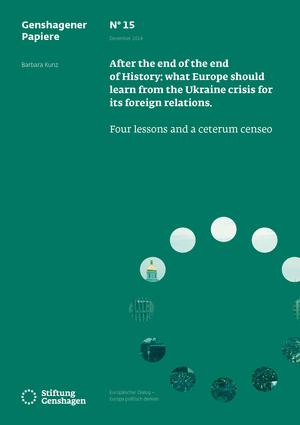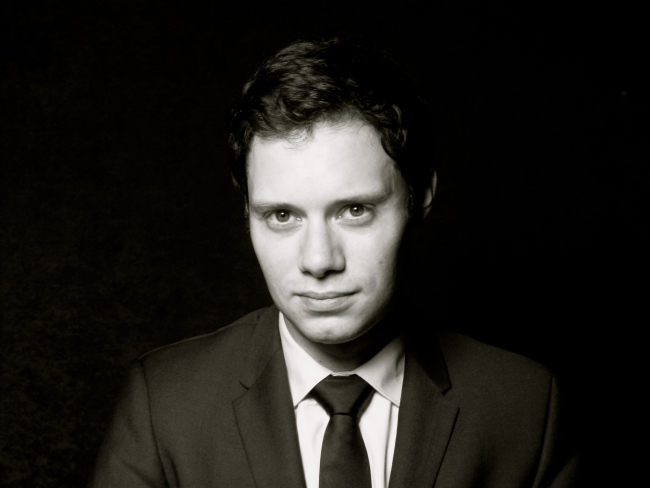Germany
An in-depth analysis of Germany's trajectory through its foreign and European policies, its relations with France, its economy and its domestic politics, offering a perspective on the country and its role in the world.
Related Subjects

Will the party “Alternative for Germany" be able to establish itself on the German political landscape?
Only a few months after it had been founded, the Alternative for Germany party (AfD) won 4.7% of the second votes in the federal elections, on 22 September 2013 – only 130,000 short of what was required for entry into the German Bundestag. Party and election researcher Oskar Niedermayer called it a "successful failure".

Tyskland - stormakt mot sin vilja?
In this article our research fellow Barbara Kunz summarises the broad outlines of German foreign policy to the Swedish public.
The German Debate on TTIP
The German economy is characterized by a very high degree of international openness – much more so than in other European countries such as France. Its economic success hence largely depends on the intensity with which it trades with the rest of the world, and in particular the United States who play a crucial role. Against this backdrop, it would seem logical that Berlin would welcome signing a free-trade agreement between the U.S. and the European Union.
Deploying the Bundeswehr: more transparency, more flexibility, but Parliament’s consent remains key - The Rühe Commission’s final report
Besides the often invoked historical dimension behind Germany’s strategic culture of restraint, there are today very tangible legal reasons that prevent assertive German military interventionism (which are, of course, directly linked to the historical dimension): any intervention of the German armed forces requires the Bundestag’s consent.
The “2014 Review”: Understanding the Pillars of German Foreign Policy and the Expectations of the Rest of the World
German foreign policy is today confronted with a number of fundamental challenges. The country has become larger and has again become strong economically and must no longer content itself with its former role as France’s political junior partner in Europe or the United States’ junior partner in the world. At the same time, Berlin is far from being fully prepared for taking over this new role – deficits are both strategic and conceptual.

After the end of the end of History
This paper intends to take a step back from current developments in Ukraine in order to analyze the lessons Europeans ought to draw from the crisis that caught many by surprise. Whether the Ukrainian crisis really turns out to be a »game changer« in a structural sense remains to be seen, but it has made clear that Europeans should rethink a number of fundamental assumptions underlying European foreign policy.

Germany's Unnecessary Hegemony
Based on the realist theory of international relations, this article analyses whether Germany has any incentives to seek (regional) hegemony. It concludes that under the current systemic circumstances – in which the country's survival is ensured by the United States – Germany has no reason to become a hegemon, which is normally a strategy to escape the perils of the anarchic international system.
German Defence Policy in 2014 and beyond: Options for Change
The speeches made by several German leaders at the Munich Security Conference in early 2014, emphasized that Germany needs to be ready for greater international commitment, and without a priori excluding military instruments.

The Impact of the First World War on Strategy
The First World War helped redefine the notion of strategy, giving it a political dimension that it previously lacked.

The European Elections in France: The paradox of a more European yet more eurosceptic campaign
Support independent French research
Ifri, a foundation recognized as being of public utility, relies largely on private donors – companies and individuals – to guarantee its sustainability and intellectual independence. Through their funding, donors help maintain the Institute's position among the world's leading think tanks. By benefiting from an internationally recognized network and expertise, donors refine their understanding of geopolitical risk and its consequences on global politics and the economy. In 2025, Ifri supports more than 80 French and foreign companies and organizations.









